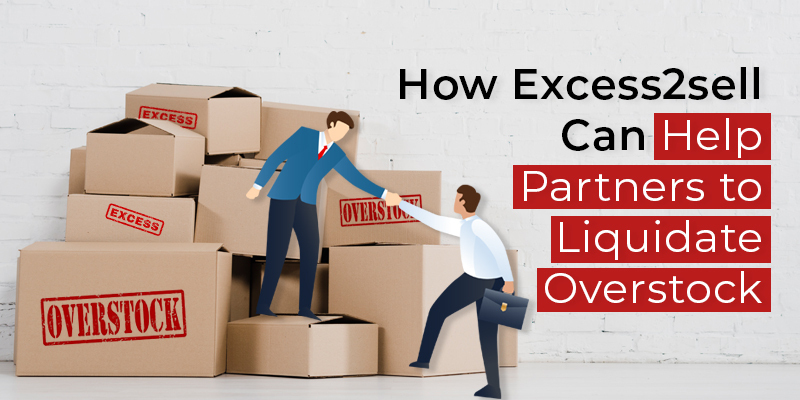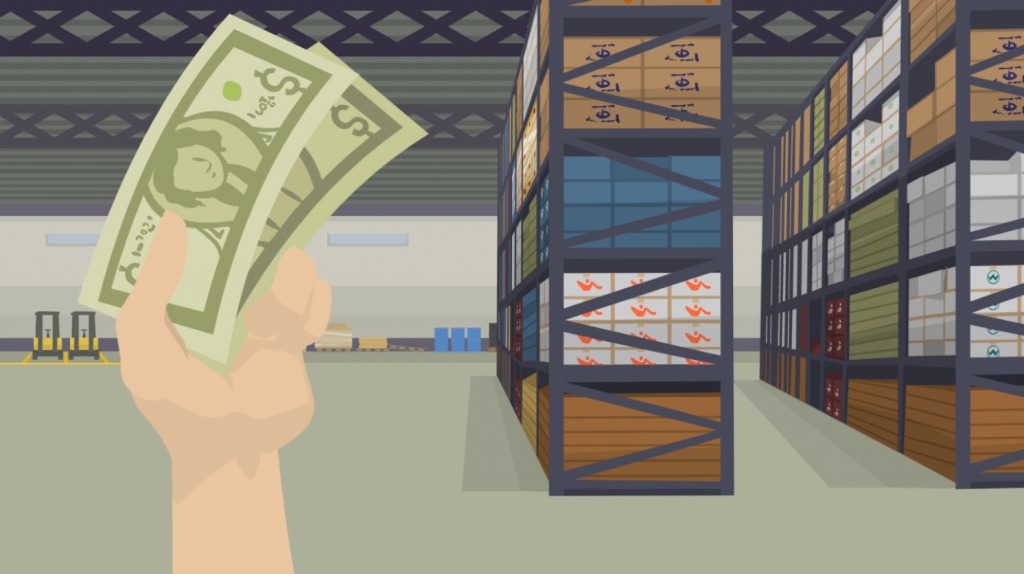What is Surplus Inventory and what causes Overstock?
Surplus inventory is a term to denote a situation in any business where fewer supplies are sold off the shelves than stocked. Most business that carry excess stock usually face this due to poor management of demand forecasting or a sudden change of consumer preferences due to newer products in the market. There are also times when there is market slowdown due to various economical or natural factors such as the present health crisis of COVID-19 that causes a major disruption in the supply-chain management and distribution.
Excess stock comes with many associated factors for the businesses in the B2B ecommerce space that the wholesalers, manufacturers, distributors, dealers, retailers etc. Holding up overstock inventory blocks the capital revenue with products in inventory stock having little or no market demand or reach to the end consumer. Added to this, the carrying or storing costs of the inventory adds up across a number of factors like warehouse rent, maintenance, equipment and labour costs, insurance and transportation etc.
What are the disadvantages of holding excess inventory?
1. High Storage Costs: If any business holds high amount of excess inventory, then it ties up an equally high amount of business funds that could be used for other purposes like research and development or marketing of new products. Storage space is a continuous extra cost that businesses attempt to reduce by limiting how much inventory they have in hand at any given point of time.
2. Deterioration of quality: When an inventory is on hold for a long time, there are quite possible chances that they will tend to lose their product value over the time. This is especially very common in technology products like laptops and mobile phones where new models are introduced every other day, but is prominent in other industries too. If your business is facing a similar situation, you too will be left holding a lot of excess unsold inventory that you can’t move.
3. Blocked Business Capital: For businesses working with small margins and tight monthly budgets, excess inventory can hamper their business development because they end up tying their limited capital in -hand with the excess inventory. With decrease in cash-flow and increase in warehouse expense it is difficult for the businesses to reach out on a larger scale to liquidate their overstock.
4. Inventory carrying costs: Inventory carrying cost is the total of all expenses related to storing of unsold inventories. Under this, transportation charges are another area where businesses face challenges along with huge carrying costs that includes cost of warehousing, manpower salaries, transportation and handling, taxes, insurance as well as depreciation costs.
How Can You Liquidate Excess Inventory with Excess2sell?
Excess2sell is India’s leading Wholesale B2b marketplace which liquidate the partners Surplus stock in a confidential, anonymous and neutral manner. Sellers only need to focus on where to sell it not how to sell it. B2B Platforms like excess2sell open up and convert the entire country as a market for your products, for which otherwise you as a seller and buyer were only restricted in your geographical area.
The excess2sell platform helps their partners in the B2B segment across the reach of PAN India to confluence to share their buying and selling requirements and run a successful business. It is an end-to-end solution that takes care of everything right from product research, uploading, ordering, payment assistance & logistics- everything at your doorstep. The best of B2B bulq deals are offered daily to the buyers and sellers to liquidate anywhere in India and the entire transactions are carried in a ‘confidential’, ‘anonymous’ and ‘neutral’ manner.

















